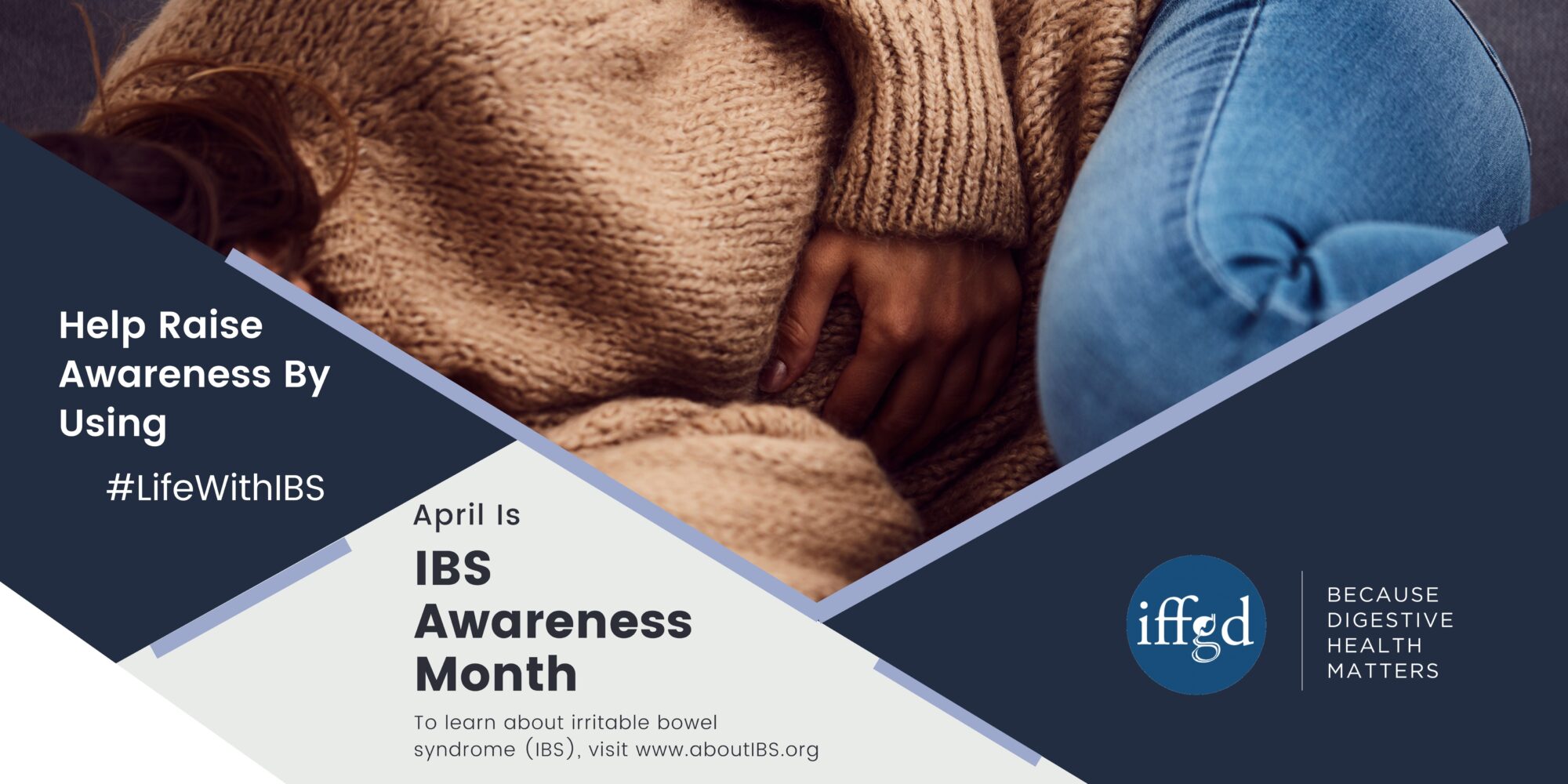Irritable bowel syndrome is observed every year in April. IBS is a syndrome that affects the large intestine and is quite common around the world. Although it is considered a taboo subject by some people, IBS affects 25 to 45 million Americans.
Irritable Bowel Syndrome is a lifelong, gastrointestinal disorder, which affects the large intestine in our body. IBS is a chronic disease related to the large intestine and the cause of this syndrome is still unknown. IBS is characterized by abdominal pains or discomfort, bloating, cramping, and altered bowel habits (chronic diarrhea and/or constipation). However, this disease does not increase the chances of colorectal cancer.
IFFGD (International Foundation for Gastrointestinal Disorders) declared April as the awareness month for IBS in 1997. In this month more attention is given to the importance of health and awareness of IBS diagnosis, treatment, and quality of life issues. It is known that 15% of people have IBS, out of which 20% people seek medical treatment. Symptoms of IBS can occur early in life and some patients have symptoms as soon as they reach 30 years.
Lifestyle habits do not cause IBS. But minimizing excesses may help reduce or avoid symptom flare-ups. Things like lack of sleep and lack of exercise, prolonged stress, or irregular eating habits can worsen symptoms. Food common foods that can affect IBS are caffeine, fiber, nuts and chocolate. Learn more by talking with your physician about IBS.
What it’s not:
Is not caused by your diet, Is not caused by stress, Is not a risk for cancer, Is not a risk for colitis, does not cause malnutrition, does not get worse with age, and does not shorten life span.
What it is:
Is a long-term condition, symptoms tend to come and go over time, symptoms often change over time, symptoms can usually be managed so that you feel better.
Resources about IBS:
https://aboutibs.org/
https://www.wwmedgroup.com/
https://badgut.org/

